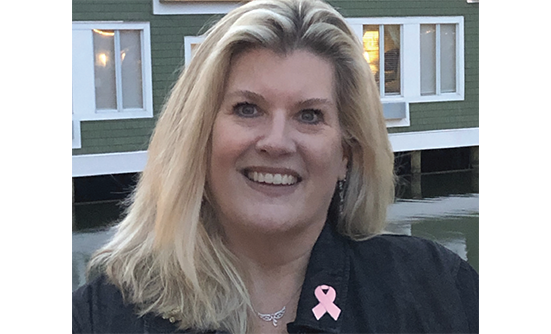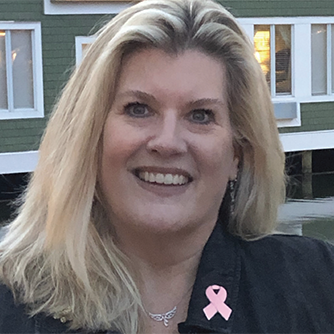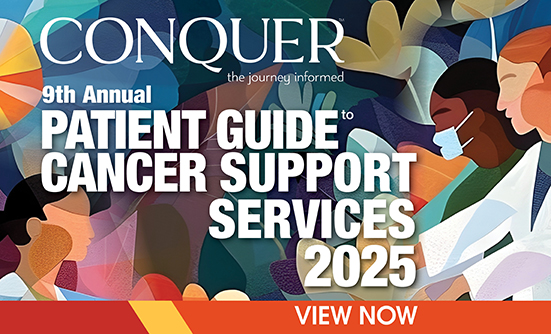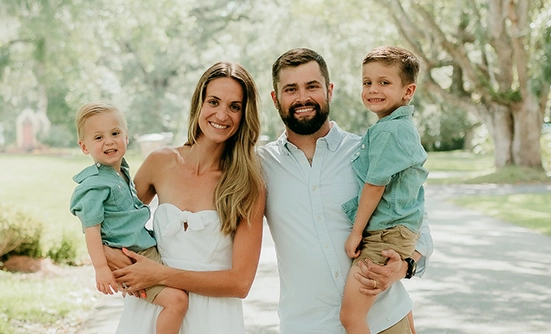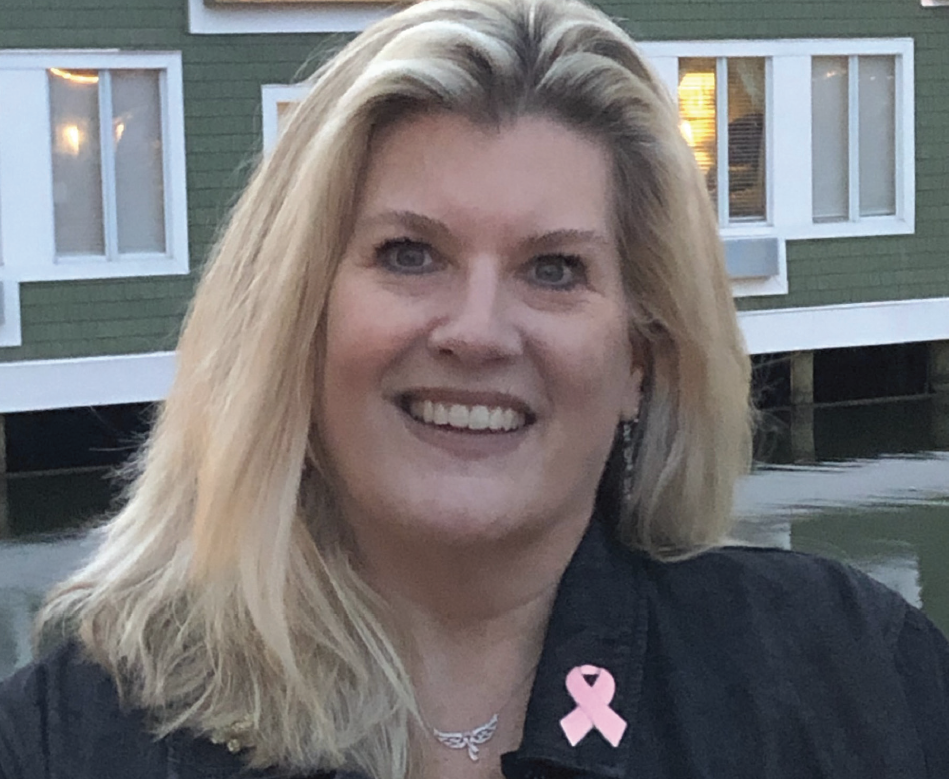
I could not wait for 2020 because of some personal challenges, then 2020 came and was not the year I had hoped it would be; things were still challenging. My thoughts shifted to hoping 2021 would be much better. Apparently, 2021 never received my memo: it was the worst year of my life.
That Little Voice
My only child moved across the country for work, I was in the midst of a divorce, my aging parents had health problems, I had a lot of stress, and there was a global pandemic. I was due for my annual mammogram, but because I had so much on my plate, had never had a bad mammogram, and had no family history of breast cancer, I thought I would not schedule the mammogram.
But then, that little voice that tells me to do the things I should do, was getting louder every day. I called to schedule the test.
After doing my mammogram, I got a letter stating that more imaging was needed. After a second mammogram and an ultrasound, I was told there was an area of concern that would require a biopsy. I was devastated and immediately thought it might be cancer. People would tell you that it’s not cancer until it is cancer, but that little voice now told me to buckle up, suggesting this was probably cancer.
A Whirlwind
I was diagnosed with cancer in October 2021 (how timely for breast cancer awareness month). It was an immediate whirlwind. I went from a 56-year-old person who is not taking any medications other than vitamins to being overwhelmed with an almost unattainable schedule of doctors, surgeons, specialists, and testing appointments; it was mind-numbing.
Until then, I would see my primary doctor once a year, have the annual blood work, and that was it. I tried to eat well, did not drink too much alcohol, never used drugs, walked daily, and drank 8 glasses of water.
When I heard that I would have 4 specialists in addition to my primary doctor and gynecologist, I was wondering why I needed all of them. How would I get all the required tests completed, continue to work full time, and try to be there for my aging parents and not break any commitments?
What Do You Take from Cancer?
Here are the things I have learned since my diagnosis: you never really know what it means to be alone until you must attend your cancer appointments all by yourself, because of a global pandemic.
To survive, you are entitled to remove some personal responsibilities from your plate. The people who offer to take you places, come see you, reach out to you, and pray for you are your true and irreplaceable friends.
Cancer will take a lot from you on so many levels, but it is up to you to determine what you take from cancer. Just a few months ago, the road was congested, under water, had construction, seemed to go off-course, and lead to nowhere good, or at least not where I wanted to go. I did not know how I would do all that I had to do, and if I would get through all the pre-surgery appointments, the surgery, and the radiation. I am still in that phase of my recovery of deciding what I would be taking from cancer, and have not fully determined how exactly that path will continue, but for now the road is clear. The road to completing my journey is still a work in progress.
I firmly believe that patients with cancer and survivors should have their own unique path, plan, and support team. Patients need to process their diagnosis and create the path that best suits them. I am so grateful that I went for my mammogram, that my cancer was diagnosed early, and that I can share my story with other women.
If I can support, guide, or console other people on their cancer journey, that is a good reason to still be here. I often weave the necessity of preventive care into conversations with younger women, so that they will take seriously their need for annual preventive medicine and diagnostic tests.
No History, Signs, or Symptoms
When I hear of older women who are not taking the necessary steps to keep themselves healthy, I tell them my tale, how I had no family history of cancer, no signs or symptoms, and yet I had the 2 types of breast cancer, namely, ER-positive invasive ductal carcinoma and ductal carcinoma in situ (which go together in many cases). That often gets their attention, and I follow-up with them to ensure that they followed through on their appointments.
I had my surgery in November 2021. Because I had some complications, I had to delay my radiation therapy. I started radiation in January 2022 and was able to complete my 20 rounds of radiation in February. I also had some nasty side effects from the radiation. I was told about the likelihood of burning and blistering from the radiation, but these did not happen until almost the very end of the treatment. Just when you think you escaped these side effects—surprise!
In addition, there can be additional issues that sometimes are openly discussed and sometimes are not; these include what the radiation does to your breast and its surrounding tissue, and just how bad you would feel generally, and how much you would dread your next treatment.
I will now be taking Femara (letrozole) for 10 years to prevent recurrence, and will be working through the side effects of this medication, which are quite awful and include insomnia and fatigue (yes, you can have both of these at the same time), as well as hot flashes, joint pain, headaches, and more. At the age when I have already had years of hot flashes and joint pain, these were not things I wanted more of.
I am trying to reach a state when I can accept that cancer is the reason I am now taking medications, although I had worked hard at not taking any medications up until I had cancer.
Survivors’ Club
Having cancer, being a warrior and a survivor are labels I will now proudly wear. I recently told a fellow survivor that we are sisters in a sorority we never wanted to join, but collectively, we can provide and share the strength that will support and sustain current and future sorority sisters in the club.




